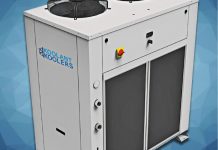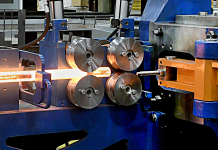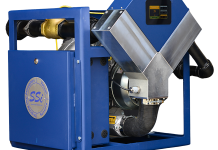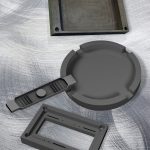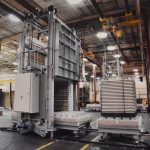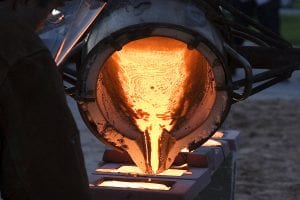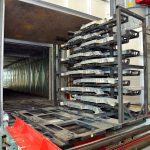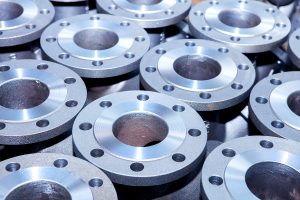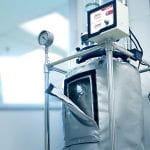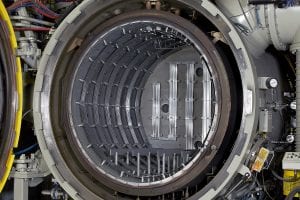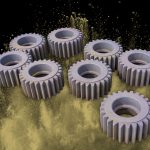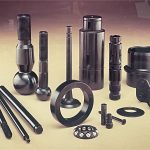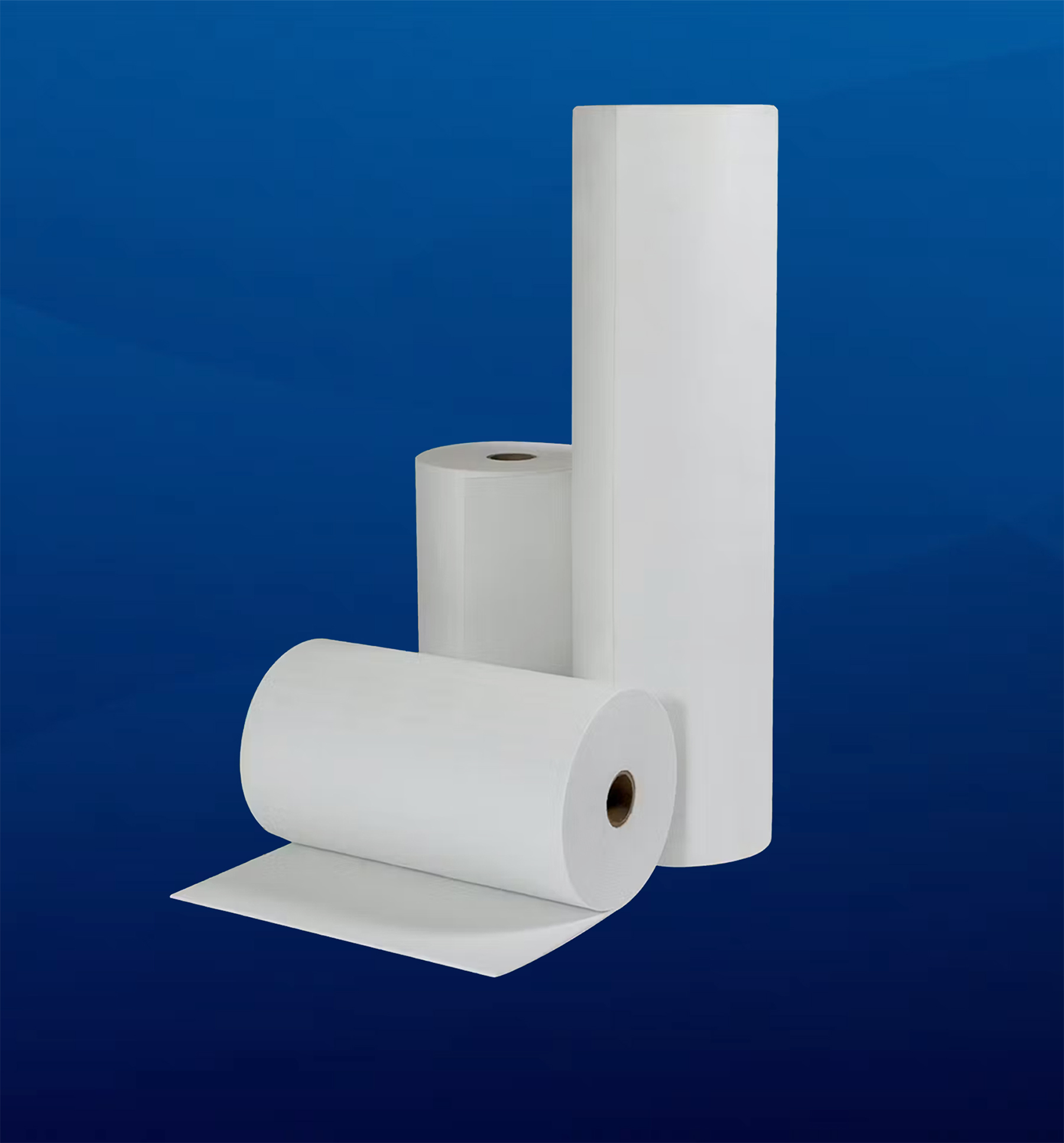When a company has been around for almost a century, just the sheer number of years of business means it must be doing something right.
But for Dalton Electric Heating Company, getting it right means more than just the history behind the products.
Dalton’s patented Watt-Flex® Cartridge Heaters and Diff-Therm® Platen Heaters are used globally in manufacturing industries that include aerospace, automotive, composites, plastics, and more. But it only begins there.
Family-focused business
“Dalton’s core philosophy is really built around a new slogan that we just launched last year, which is ‘Trust the Dalton Difference,’” said Dalton President Chris Stevens. “What that means is several different aspects. The first aspect is, when you call Dalton, you get a person; you get a live body who you talk to. We’re probably one of the few places that you still call today and get a human who knows what you need and can handle the question almost immediately with almost every single person here. Typically, they know you. We have a very long, established relationship with our customers, with our distributors, with our OEM tool suppliers, our suppliers, and also every aspect of our business. We’re a small family-focused business.”
The other aspect of that Dalton philosophy is doing the impossible, according to Stevens.
“When somebody calls up on a Friday afternoon and says, ‘My customer is down, and they need X,Y, and Z. Can you help us out?’ That’s when you really see Dalton step up and launch into action and take care of customers,” he said. “We’ve done that numerous times in the short time that I’ve been here. We have consistent quality. Every single one of our heaters is made to order, made to specification for that particular job, for that particular customer. We have the ability to consistently make a product over and over and over again with the highest craftsmanship and level of care, consistency, and reliability.”
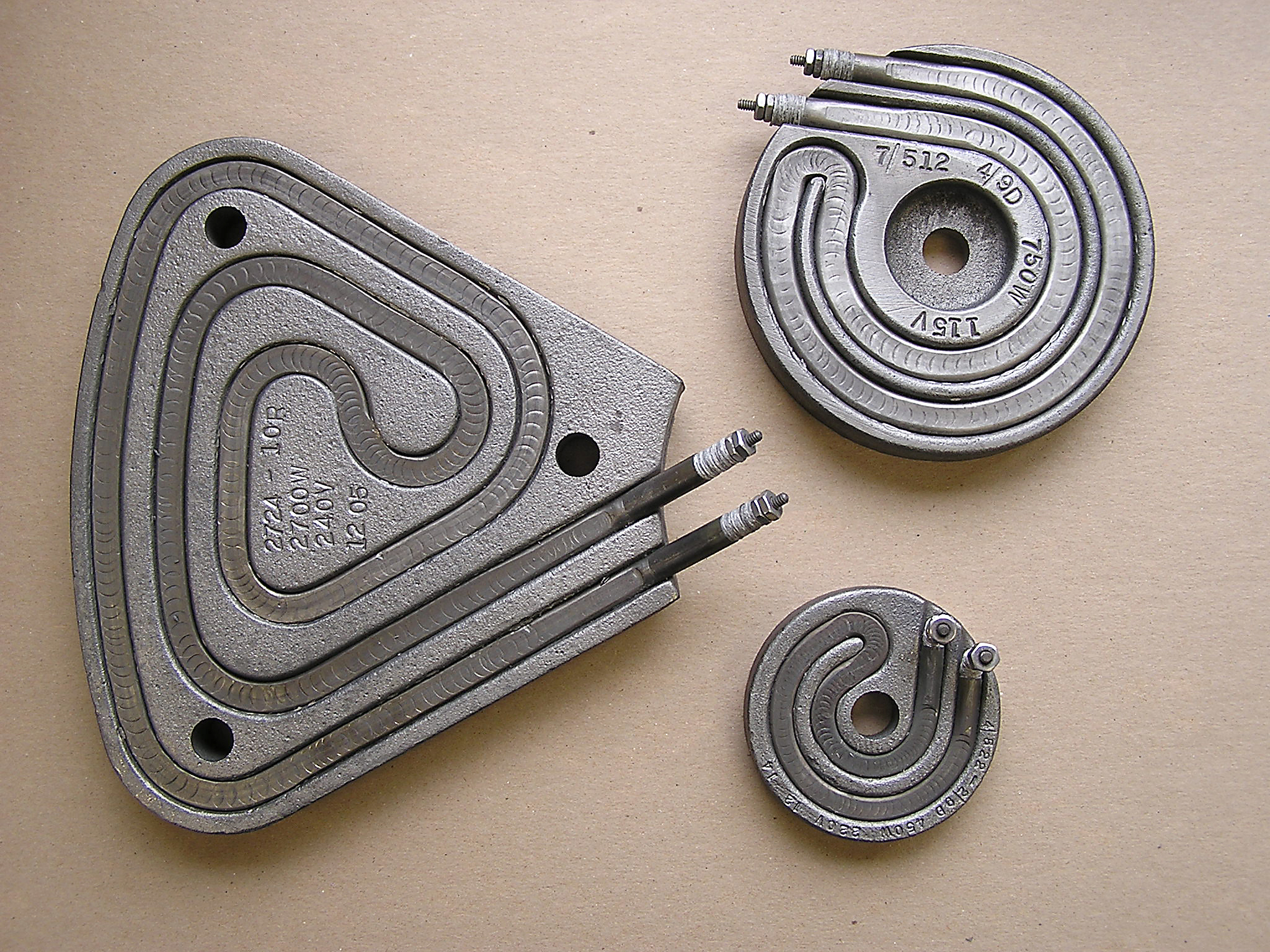
Diff-Therm® Heater
Dalton’s history of heating focused on the diffusion pump heating element, according to Stevens, where the diffusion pump heats the silicone oil that then creates a vacuum. That creates the atmosphere used to heat-treat or to apply a coating onto metal or plastic.
The Diff-Therm® Heater, which recently celebrated its 50th year since its patent, has a unique design, he said.
“A traditional diffusion pump heater is a three-piece design where you just have a heating element, a crush plate, and a follower plate,” Stevens said. “You bolt all three of those things together with the hopes of transmitting as much heat as you can into the bottom of the pump. We’ve revolutionized that whole concept of how to get the maximum heat transfer into where you need it. You really want to be able to transfer the heat into the oil, which is what’s doing the evaporation and what’s creating the vacuum, and that’s basically what you’re shooting for and what you’re trying to achieve.”
With Dalton’s casting, first it’s formed and then it’s pressed into the casting. Dalton punches the tubular heater into the recesses of the casting, giving it an improved contact area and compresses the MgO, which also improves the heat transfer into the casting, according to Stevens. The result is a higher heat transfer that dramatically improves the life of the heater.
“That’s what makes our heaters last anywhere from two to five times longer than our competitors,” Stevens said.
And those statistics translate to high confidence among Dalton’s customers.
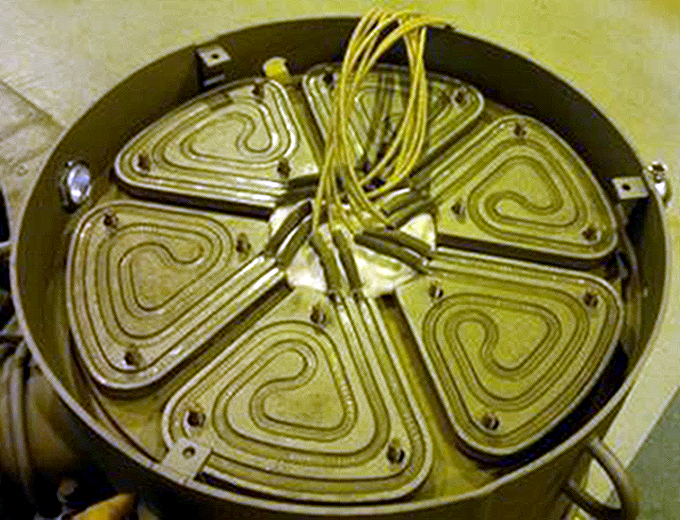
Customer satisfaction
“What we get for feedback from our users is, ‘I can start up my equipment much faster. I get a much better, consistent, reliable vacuum generated from using your heaters,’” he said. “Of course, the ultimate compliment is, ‘They last forever.’ Whereas these other heating elements, because they’re exposed to air —the worst kind of environment — they’re not able to transfer heat away, and it creates a lot of problems for them.”
Dalton sells to many of the OEMs that are either on the market today or their equipment is still in use today, according to Stevens. Some of those companies include Alcate, Agilent, Balzers, CVC, Edwards, and Varian.
“They have various size diffusion pumps, so we have configurations that fit onto their unique diffusion pumps,” he said. “Basically, all of our parts match up to the standard OEM ones where you can drop out the existing OEM part, and put in our Diff-Therm Platen Heater.”
Dedicated craftsmen
Dalton’s process when working with customers is batch; it’s not automated, according to Stevens.
“I think our greatest achievement is our ability to consistently perform at the very highest levels,” he said. “We have dedicated craftsmen who really know their craft well, and basically they’re doing the same job every day, and they’re doing it with the highest levels of expertise. It’s almost an artistry that they build — and consistently build — our products to. From a sales achievement standpoint, we are selling into 55 different countries, most of which are countries that are either using a diffusion pump or are in one of our larger markets. It’s really been an astounding business from our ability to reach so many different parts of the globe.”
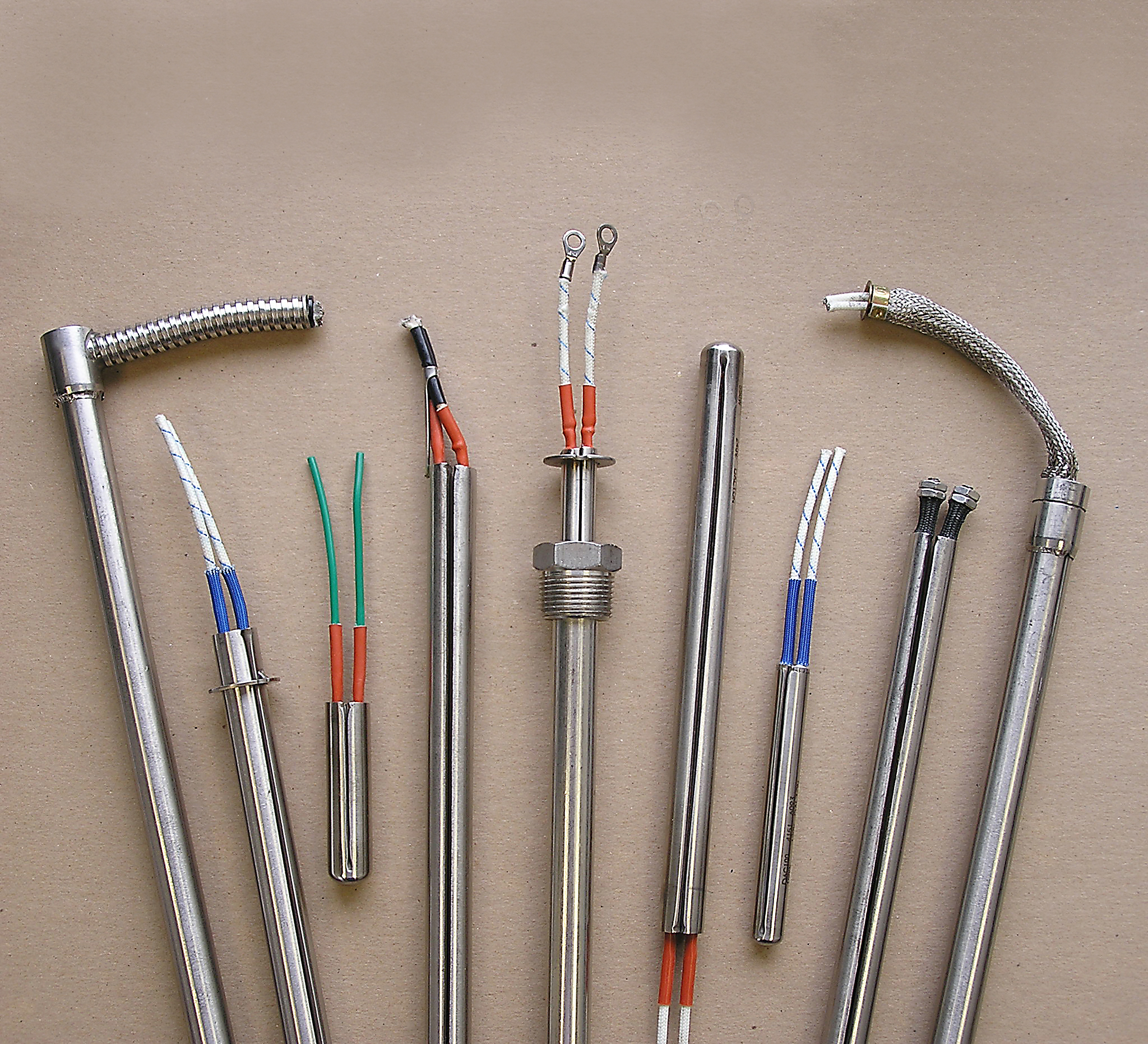
Giving 110 percent
And that ability to go the extra mile does not go unnoticed by Dalton’s customers, according to Stevens.
“We had a customer, Siemens, come to us, and they said, ‘We have a couple of pumps, and for some reason, I’m not exactly sure why we have this, or why it’s there, or what it’s doing, but we have some wires that are coming out and basically, the casting is interfering with those wires,’” he said. “We talked to them, and looked at it, and said, ‘How about if we just cut out a notch for your wires, right into our casting.’ They were like, ‘You can do that?’ And we said, ‘Oh, yeah.’ This is a conversation that took place in the morning, and by the end of the week, it was done and shipped out. That’s the kind of service level that most people are not accustomed to, and that’s the refreshing thing from my standpoint of coming here into Dalton is, our ability to respond is tremendous.”
Going back 98 years
Dalton has a number of achievements with its products, but it all began nearly a century ago in 1921 in Salem, Massachusetts, with William H. Dalton. The company soon changed hands around the Great Depression when Walter Churchill took over.
Churchill was instrumental in creating the Diff-Therm Platen Heater, and he received a patent for his creation in 1966.
Beyond his business history, Churchill has a storied past in and of itself. He was born in 1889 and was a World War I bombardier. He passed Dalton Electric on to his 26-year-old son, John Churchill, in 1972.
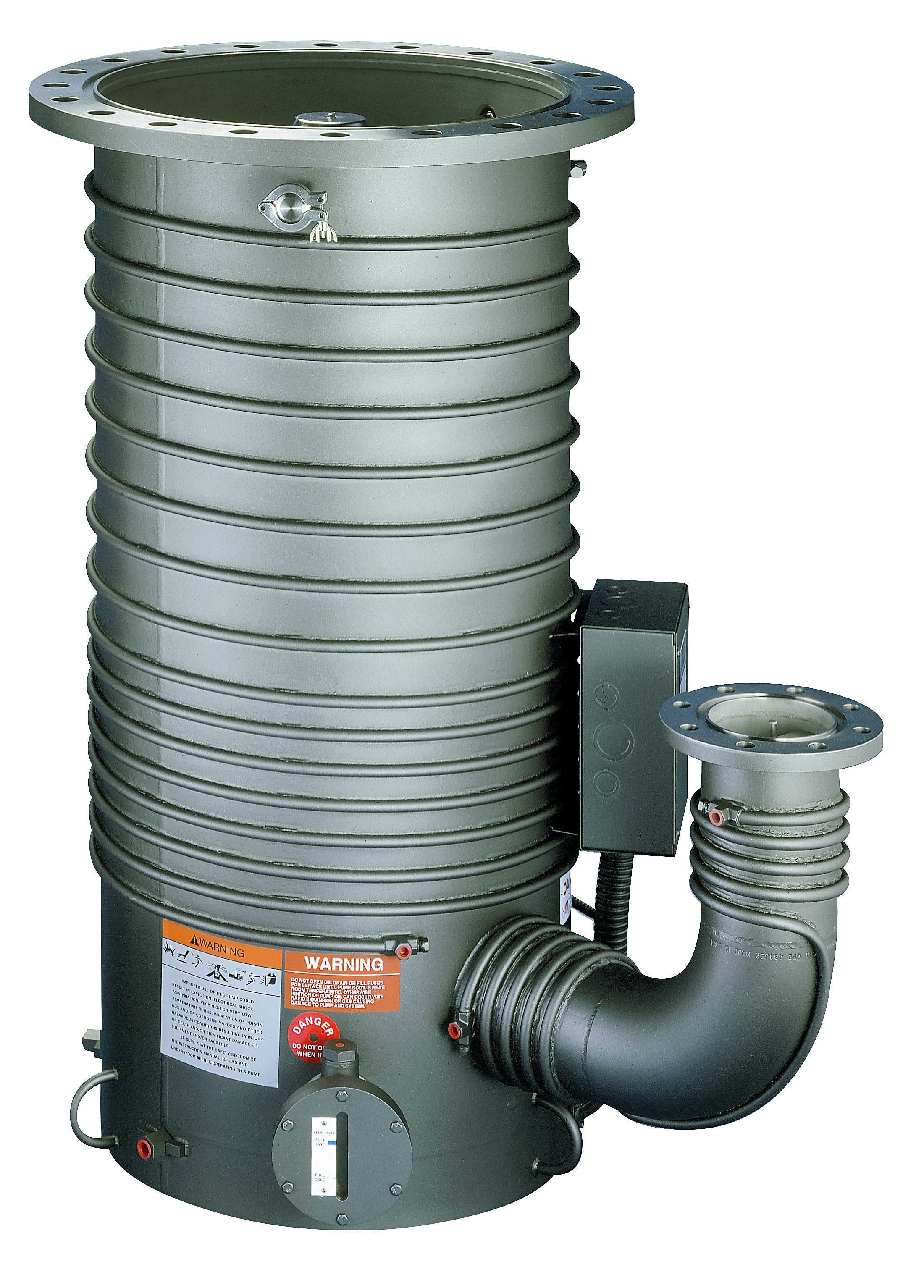
In 1978, John Churchill patented a split sheath heater design that became Dalton’s Watt-Flex.
In the 1980s, the company was acquired by current owners YSA, Inc. Eli Whitney, who started as the lone sales person, became the president of the company and the driving force behind Dalton, according to Stevens.
“Since Eli started in 1985, he’s generated a 6.6 percent compound annual growth rate over that entire time up until this last year when he retired,” he said.
In 1989, Dalton moved to its current location in Ipswich, Massachusetts.
Facing challenges
As Dalton enters its 100th year and beyond, Stevens expects to see changes in the heat-treat arena, but he added Dalton will meet those changes head on.
“The thing that I see disrupting what’s happening now is obviously additive manufacturing,” he said. “But there’s still going to be a place for both heat treatment and vacuum coating onto parts that have been additive manufactured. I see that the level of sophistication that’s going on in heat treatment will continue to evolve and continue to grow. This is an industry that’s not going to go away any time soon. Additive manufacturing is a part, and it’s an important part, but it’s not going to displace everything.”
MORE INFO daltonelectric.com









